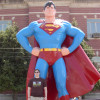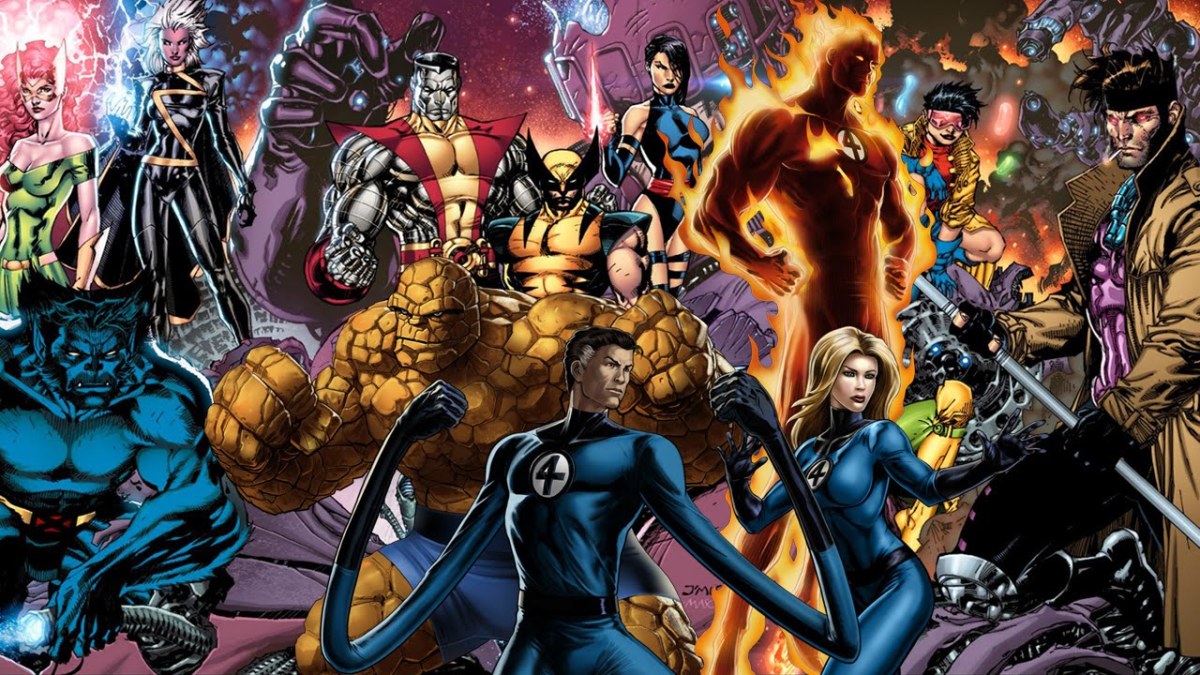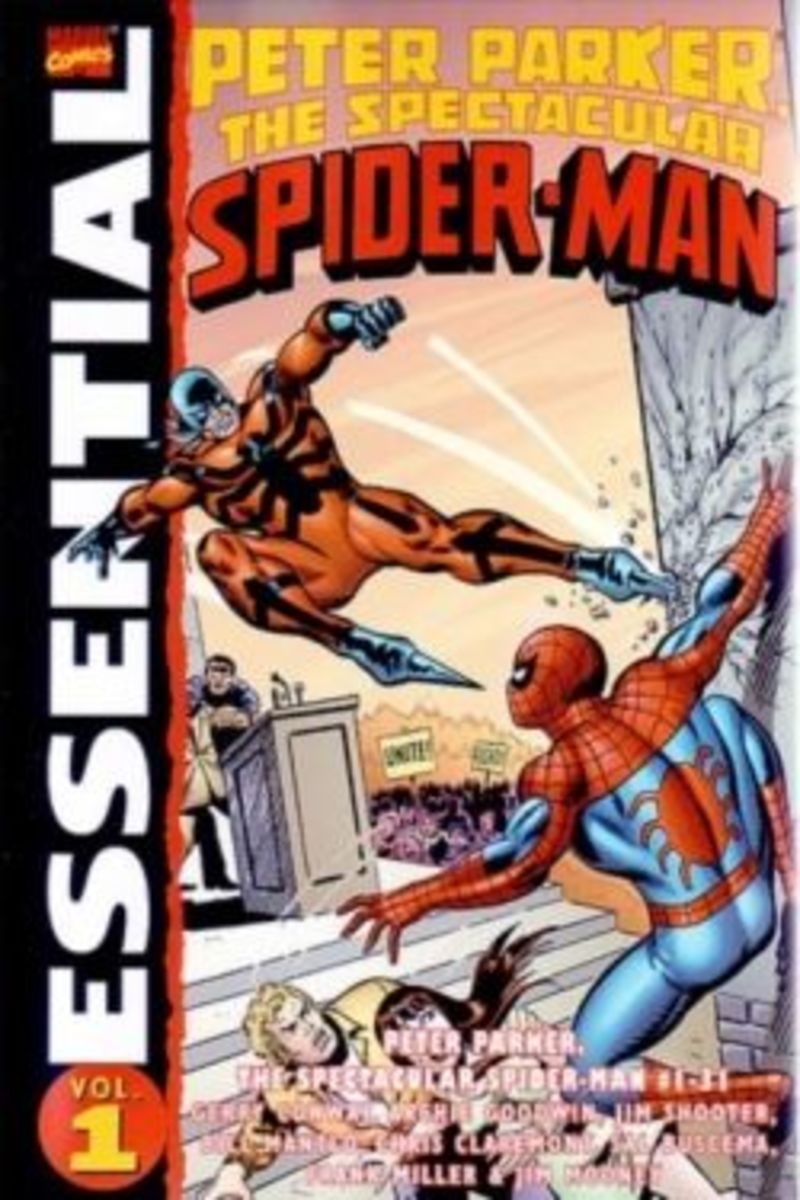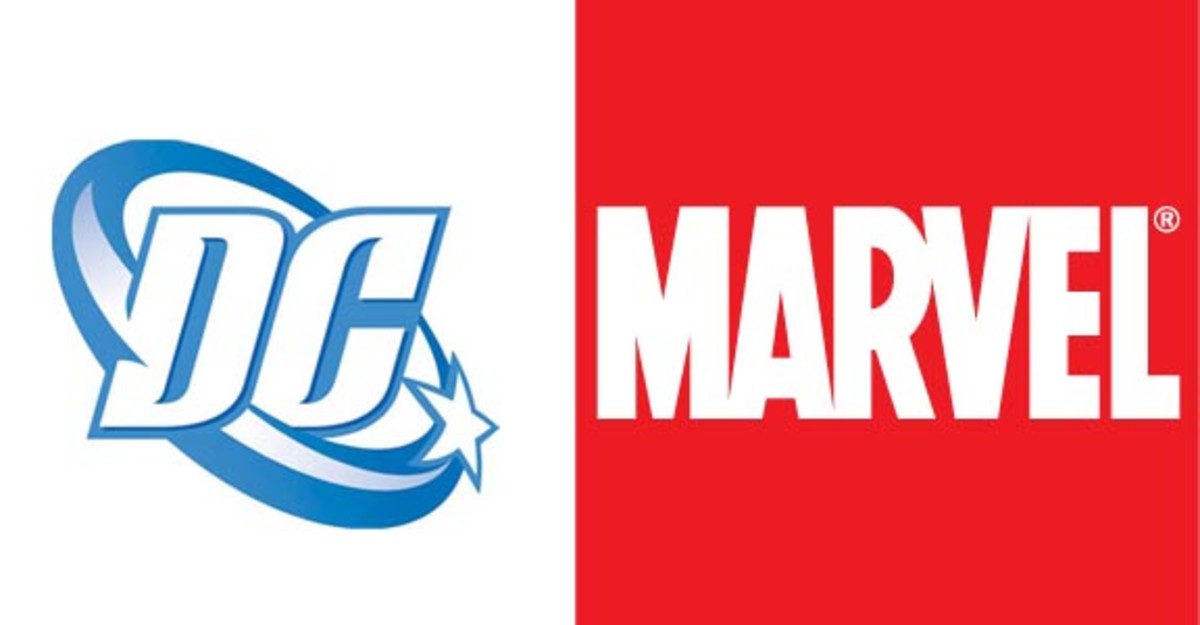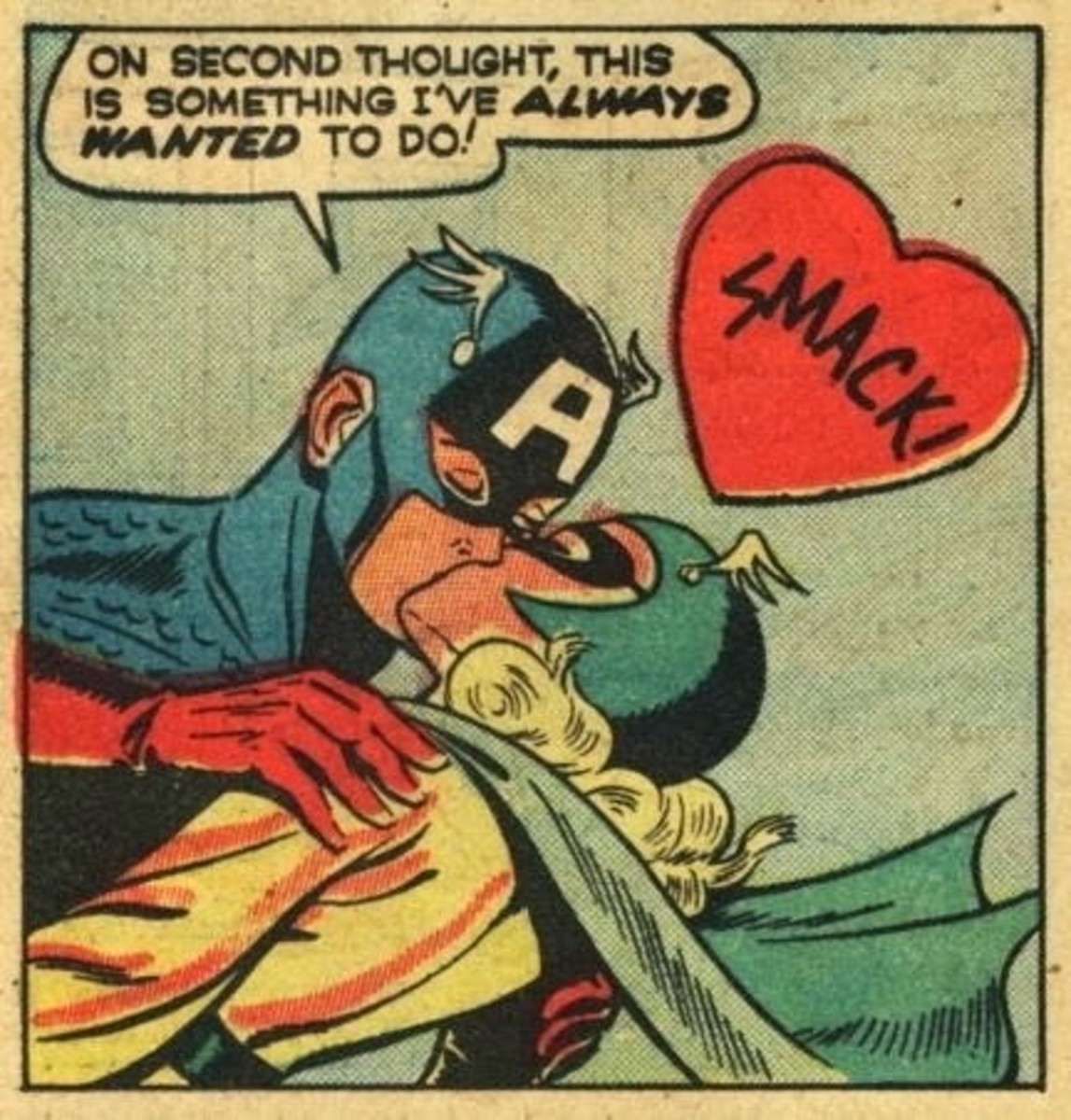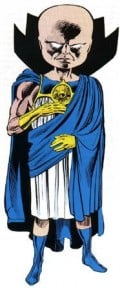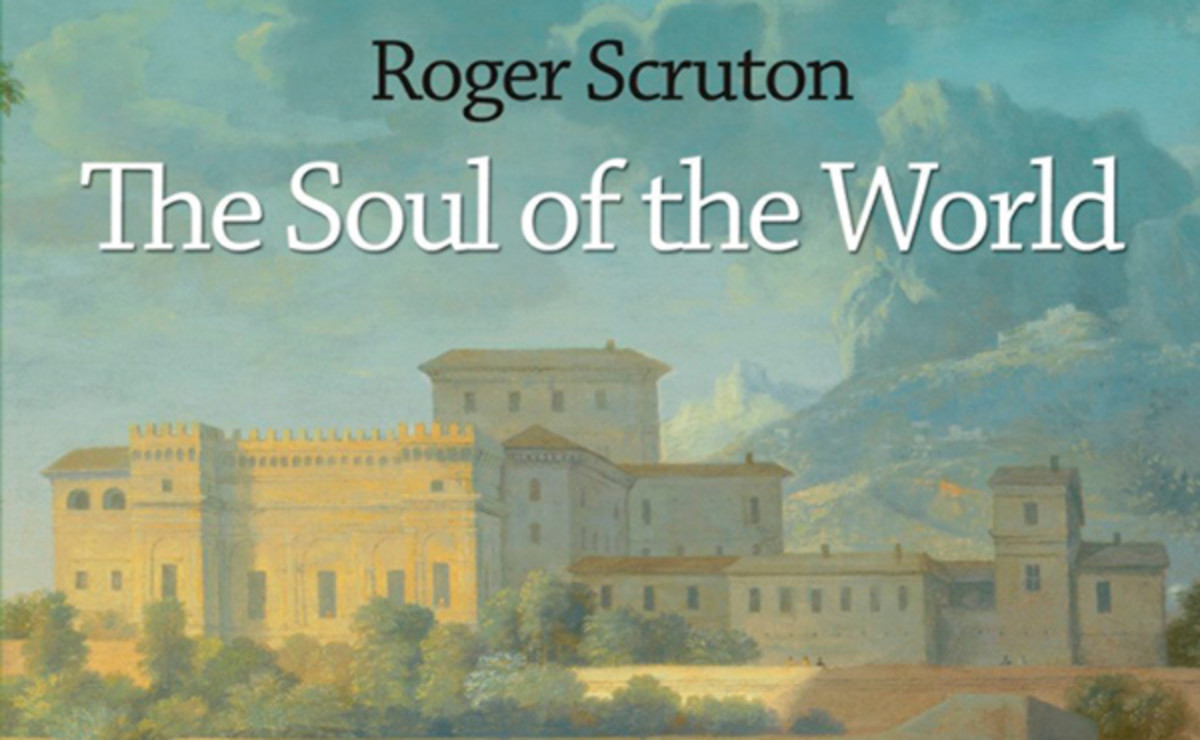Marvel Comics: The Untold Story by Sean Howe: Book Review
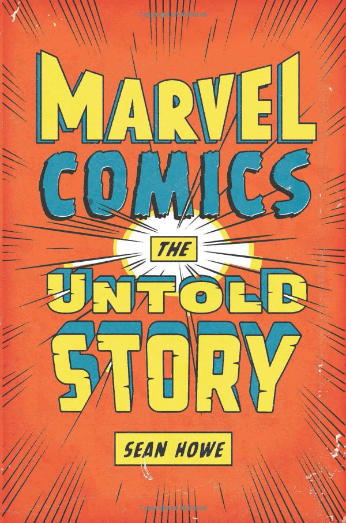
Marvel Comics: The Untold Story
Marvel Comics: The Untold Story is required reading for anyone who is interested in comic books. Sean Howe starts with the humble beginnings of Martin Goodman and Timely, Marvel’s precursor, and ends with the triumphant success of The Avengers movie in 2012, chronicling all the ups and downs in between with detailed research and interviews with over 150 people with intimate knowledge of Marvel Comics.
Marvel didn’t really break out as a popular publisher until the 1960s. Until then, DC Comics had the best characters and the best books, while Marvel published stories about monsters with gibberish for names. With Fantastic Four #1, however, Marvel slammed the door shut on the age of monsters: “We’re granted one last look at the creatures that might have been named Mongu or Sporr or Zzutak, before a rock slide seals them off forever and the Fantastic Four, and Marvel Comics, fly into the future.” This transition from monsters to superheroes kick-started the mythology of the modern age.
The gods of Greek mythology were beings of immense power who were completely intertwined in each other’s origin stories, who bickered amongst themselves, and who, instead of displaying ideal behavior and decorum like a Superman, were prone to human emotions. When Marvel started pumping out their superheroes in the ‘60s, they set them in the real world (mostly New York City) and gave them real problems. The Marvel spandex set was a reflection of ourselves, not an idealization. The Fantastic Four argued like a family. Spider-Man was a nerdy teenager who got picked on in school. The X-Men questioned whether they could do what was right in the face of a world that hated and feared them. These characters struggled with their powers and their sense of duty, and their lives, never a problem for the DC characters.
Another major difference between Marvel and DC was the way the Marvel characters interacted with each other from book to book. At DC, it rarely mattered which order comics came out in; they were self-contained tales (sometimes imaginary!) that ended right where they had begun. But Marvel had tied all of their characters together into a single “fictional universe... [and] vigilantly kept a consistent continuity between all the titles.” This fictional universe, of course, was not set in the imaginary land of Metropolis or Gotham City, but in the real world. For millions of readers, the real universe became the Marvel Universe, a place where you could look up and see a man engulfed in flames or a red-and-blue-clad acrobat streak past your window. Superheroes overtook the comics market, and remain the bulk of comics published today. Whether in comics, cartoons, or movies, superheroes are the new action heroes, the new Greek gods of our generation.
Marvel spearheaded one of the greatest booms in the comics, but also helped engineer one of the greatest busts that nearly ended the industry. Marvel Comics: The Untold Story is an enlightening look at a company that rewrote the rules of doing business in comics, taking you behind the scenes to reveal the people, events, and business decisions that created a modern mythology.
